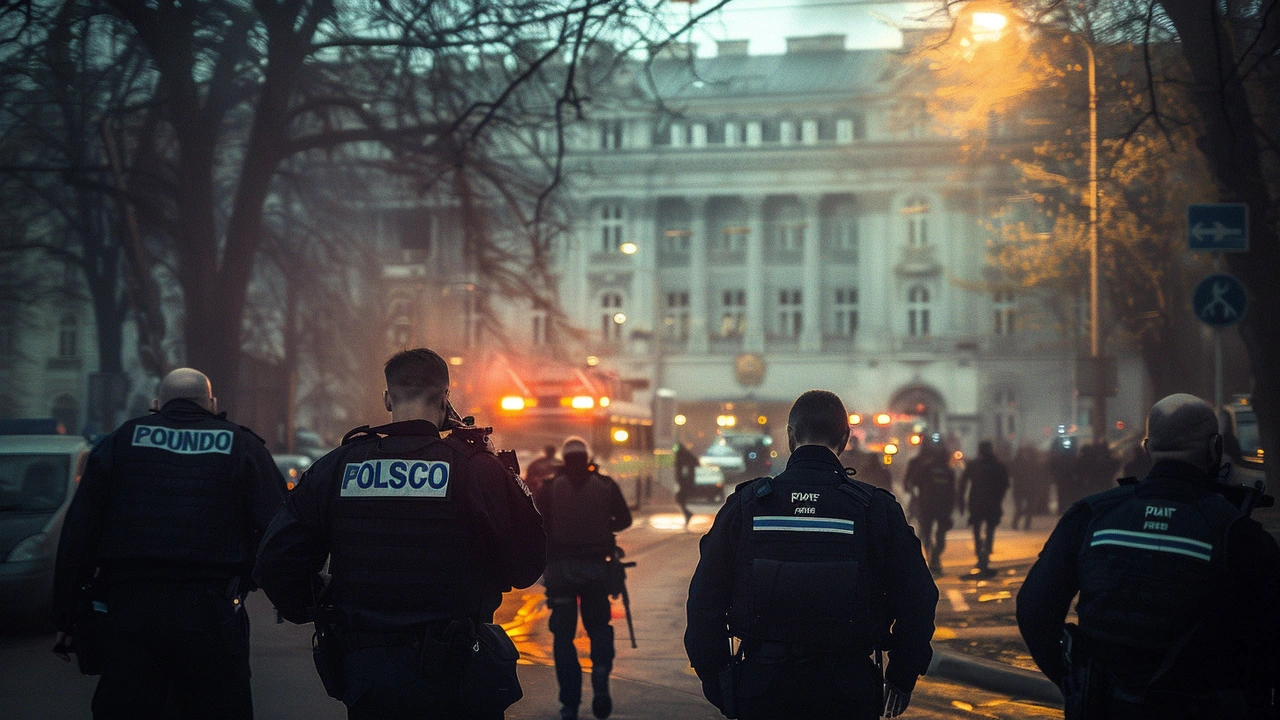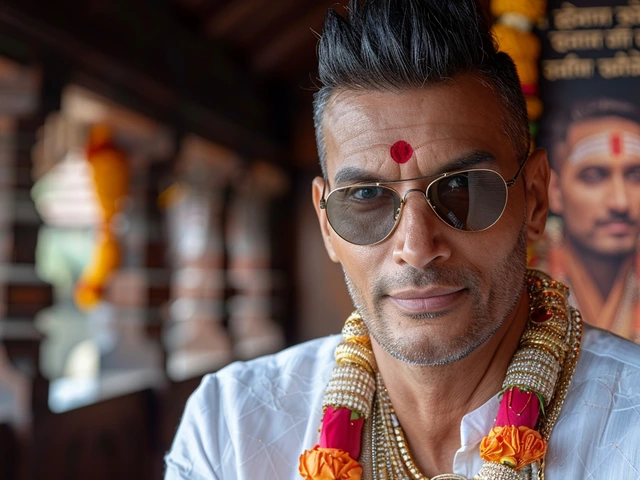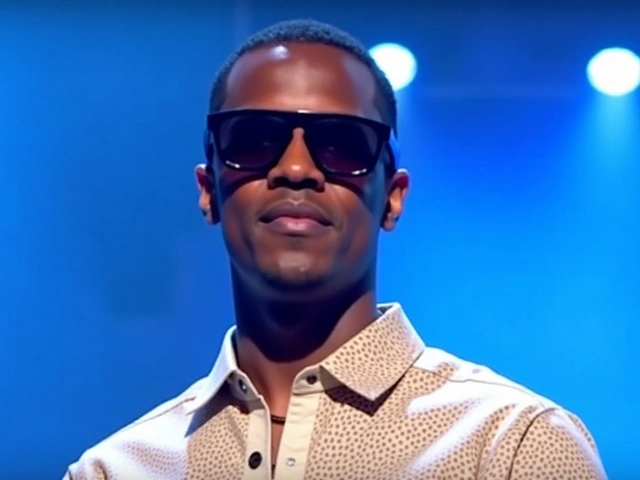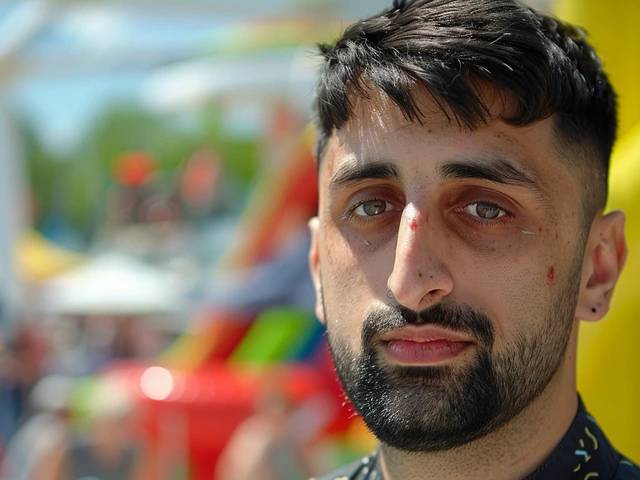Slovakia's Political Landscape Shaken by Assassination Attempt on Robert Fico
The political climate in Slovakia was dramatically thrown into turmoil following the shocking news that Prime Minister Robert Fico had been shot multiple times in an apparent assassination attempt. The incident occurred immediately after a government meeting in the small town of Handlova, situated in central Slovakia. The gravity of the situation has put the nation's political stability under the spotlight.
Immediate Response and Medical Intervention
As reports started to surface, it became clear that the Prime Minister was in a critical condition. Government officials swiftly transported Fico to a local hospital for initial medical attention. Given the severity of his injuries, he was then transferred to a more advanced trauma center, where medical professionals conducted an extensive surgery lasting three and a half hours. The procedure was crucial in stabilizing his condition, but the road to recovery appears to be long and uncertain.
Law Enforcement's Quick Action
Meanwhile, law enforcement agencies were able to detain the suspected gunman near the scene of the crime. Preliminary investigations suggest that the attack was politically motivated, although officials are still piecing together the full details. The apprehension of the suspect has provided some semblance of relief amidst the chaos, but the motive remains a subject of intense investigation.
Global Condemnation and Support
The international community swiftly responded to the tragic news, with world leaders expressing their shock and condemnation of the attack. Russian President Vladimir Putin, European Commission President Ursula von der Leyen, Hungarian Prime Minister Viktor Orban, Ukrainian President Volodymyr Zelensky, and US President Joe Biden were among those who offered their support and condemnation of the violent act.
In a united front, these leaders highlighted the importance of democracy and the need to protect political figures from such heinous acts of violence. Their statements underscored a collective agreement that the political atmosphere in Slovakia – and indeed the broader European region – must be safeguarded from divisiveness and hostility.
Political Reactions within Slovakia
Within Slovakia, the incident has ignited a firestorm of political reactions. Defense Minister Jaroslav Nad and Interior Minister Roman Mikulec have pointed to the rising levels of hate speech and division as contributing factors that may have led the attacker to target Prime Minister Fico. They argue that the escalating rhetoric and polarized political discourse create a dangerous environment that fosters violence.
This event has also prompted calls for greater unity and a re-examination of the current political climate. Members of the Slovak parliament and political analysts have urged both the government and the public to address the underlying issues that may be fueling such extreme actions.
The Impact on Slovakia's Democracy
The attempted assassination of a sitting prime minister is an unprecedented event in Slovakia's modern history, raising significant concerns about the state of the nation's democracy. The attack underscores a broader issue of political unrest and highlights the critical need for enhancing security measures for public officials. It also reflects a disturbing trend of political violence that poses a threat to democratic institutions.
Political experts assert that the incident could serve as a catalyst for change, prompting a reevaluation of the political landscape and the mechanisms in place to protect leaders and ensure political stability. There is a growing consensus that measures need to be taken to de-escalate political tensions and reduce the potential for such acts of violence in the future.
Future Implications
As Robert Fico fights for his life, the future of Slovakia's political scene hangs in balance. The attack has undoubtedly left an indelible mark on the collective consciousness of the nation, sparking discussions about leadership, security, and the role of political rhetoric in shaping public sentiment. The full ramifications of this event are yet to unfold, but it has already set the stage for significant political and social introspection.
The recovery of Prime Minister Fico, both physically and politically, will be closely monitored in the coming days and weeks. His experiences and the reactions of the government will likely influence public opinion and policy-making in Slovakia for years to come.
In conclusion, the assassination attempt on Robert Fico is a stark reminder of the volatile nature of politics and the ever-present need for vigilance and protection of democratic values. As Slovakia navigates through this crisis, the international community watches with empathy and concern, hoping for a peaceful and swift resolution that reinforces the principles of democracy and safety for all political figures.






Write a comment